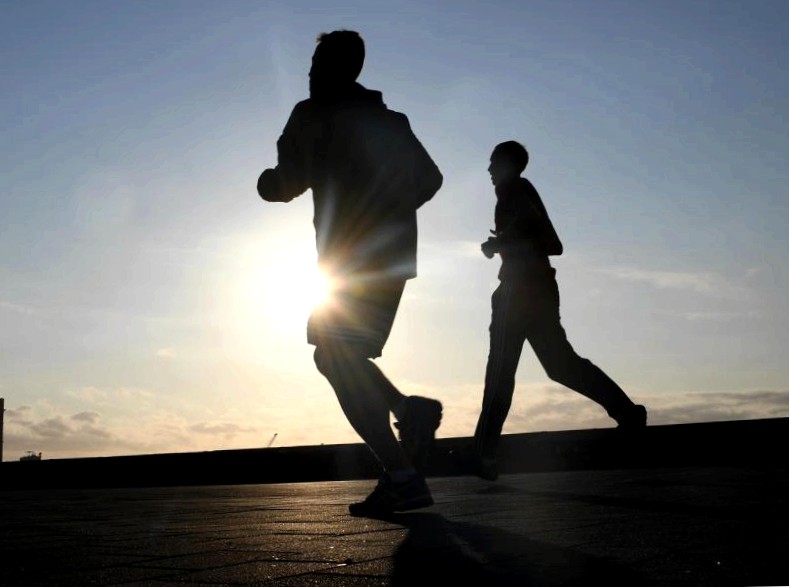Who warns against too little movement

More and more people from richer countries are not getting enough exercise. In germany, among other countries, the number of people who do not exercise enough or are not physically active enough in their daily lives has recently risen by more than 15 percent.
This is what researchers from the world health organization (WHO) show in a study published this wednesday.
In 2016, 42.2 percent of germans did not exercise enough. Among economically comparable countries, only the portuguese, new zealanders and cypriots are lazier. Globally, the proportion of physically inactive people was 27.5 percent in 2016 – just one percent lower than 15 years earlier. People in richer countries tend to be less active (around 37 percent) than people in poorer countries (around 16 percent).
The WHO has set the goal of significantly increasing people’s physical activity by 2030. "If current trends do not change, the activity target will not be met by 2025," however, states the study, which was published in the journal "the lancet global health". There was an urgent need to take measures and create incentives to get people moving more. The most positive developments were noted between 2001 and 2016 in east and southeast asia.
According to the WHO, a person is physically active if he or she gets 150 minutes of exercise or 75 minutes of sport per week. To improve health through sport or exercise, however, adults should exercise twice as much, according to WHO.
The least problems with physically inactive people are in uganda (5.5 percent), mozambique, lesotho and tanzania, and the most severe in kuwait (67 percent), american samoa, saudi arabia and iraq. In the latter four countries, the differences between men and women were also strikingly gross, with women moving significantly less there. The biggest differences in this respect were in bangladesh (16 percent to 40 percent), eritrea (14 percent to 31 percent) and india (25 percent to 44 percent).
In the study, the WHO calls on politicians to demand physical activity from the population. In an action plan, the world health organization proposes, among other things, to improve safety for pedestrians and cyclists in road traffic and to provide more sporting opportunities and sports facilities.